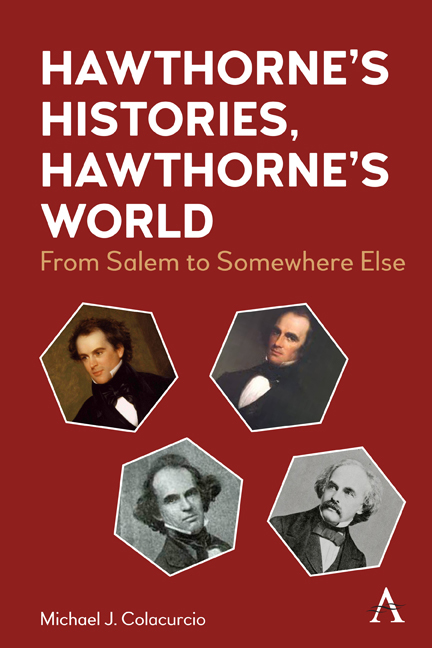Book contents
- Frontmatter
- Dedication
- Epigraphy
- Contents
- Acknowledgments
- Preface
- Introduction The Moral of the Story
- Chapter 1 Walnut
- Chapter 2 J. O.
- Chapter 3 Forgiveness and the Thin Red Line
- Chapter 4 “I Got Nothing!”
- Chapter 5 “It’s an Important Political Problem. I Should Know about It.” Agency
- Chapter 6 Nicole’s Father is NOT German! The Moral Salience of Difference
- Chapter 7 Science Fiction Fantasy, Moral Imagination and the Ability to Conceptualize Your Way Out of a Problem
- Chapter 8 Passion
- Chapter 9 Cat
- Chapter 10 Best Friends Forever
- Chapter 11 Wretched, Slacker Disney Child
- Chapter 12 Chloe, Nicole and the Elephant in the Parlor: The Last Lecture and Some Final Thoughts on Ethics and Character
- Notes
- References
- Index
Chapter 8 - Passion
Published online by Cambridge University Press: 06 October 2022
- Frontmatter
- Dedication
- Epigraphy
- Contents
- Acknowledgments
- Preface
- Introduction The Moral of the Story
- Chapter 1 Walnut
- Chapter 2 J. O.
- Chapter 3 Forgiveness and the Thin Red Line
- Chapter 4 “I Got Nothing!”
- Chapter 5 “It’s an Important Political Problem. I Should Know about It.” Agency
- Chapter 6 Nicole’s Father is NOT German! The Moral Salience of Difference
- Chapter 7 Science Fiction Fantasy, Moral Imagination and the Ability to Conceptualize Your Way Out of a Problem
- Chapter 8 Passion
- Chapter 9 Cat
- Chapter 10 Best Friends Forever
- Chapter 11 Wretched, Slacker Disney Child
- Chapter 12 Chloe, Nicole and the Elephant in the Parlor: The Last Lecture and Some Final Thoughts on Ethics and Character
- Notes
- References
- Index
Summary
Autograph books hit Lanham School when I was in 5th grade. All the girls had them. Mine was small enough to hold in one hand and had pastel-colored pages: green, yellow, blue and pink, if memory serves. Mostly the inscriptions were eminently forgettable and sappy. “Roses are red, violets are blue; no one loves you like I love you. Judy, your best friend forever.” Or else they were annoyingly uninspired and distinctly puerile, not funny except in the warped way of the young preteen mind. “Roses are red and violets are blue. You have a big head but I still like you. Ha ha ha,” the equivalent of today's LOL.
In a rash moment, I asked my mother to sign my book. (Just on the off chance that I might forget her??) Mother took the book, kept it overnight and then returned it to me with what seemed at the time an extremely odd poem. A real poem, not the “roses are red” variety I’d come to expect, and one I had never read before.
“Barter”
Sara Teasdale
Life has loveliness to sell,
All beautiful and splendid things,
Blue waves whitened on a cliff,
Soaring fire that sways and sings,
And children's faces looking up,
Holding wonder like a cup.
Life has loveliness to sell,
Music like the curve of gold,
Scent of pine trees in the rain,
Eyes that love you, arms that hold,
And for your spirit's still delight,
Holy thoughts that star the night.
Spend all you have for loveliness,
Buy it and never count the cost;
For one white singing hour of peace
Count many a year of strife well lost,
And for a breath of ecstasy
Give all you have been, or could be.
I didn't appreciate it, or even fully understand the poem at the time. But Mother's message stuck, as much a curse as a blessing.
I know now that passion is important in life. Loving someone or something more than reason dictates is a great gift. Just having that moment, in whatever form that fleeting instant takes, is transfigurative. It carries us out of ourselves and connects us with something akin to the divine.
- Type
- Chapter
- Information
- The Unspoken Morality of ChildhoodFamily, Friendship, Self-Esteem and the Wisdom of the Everyday, pp. 89 - 94Publisher: Anthem PressPrint publication year: 2022

